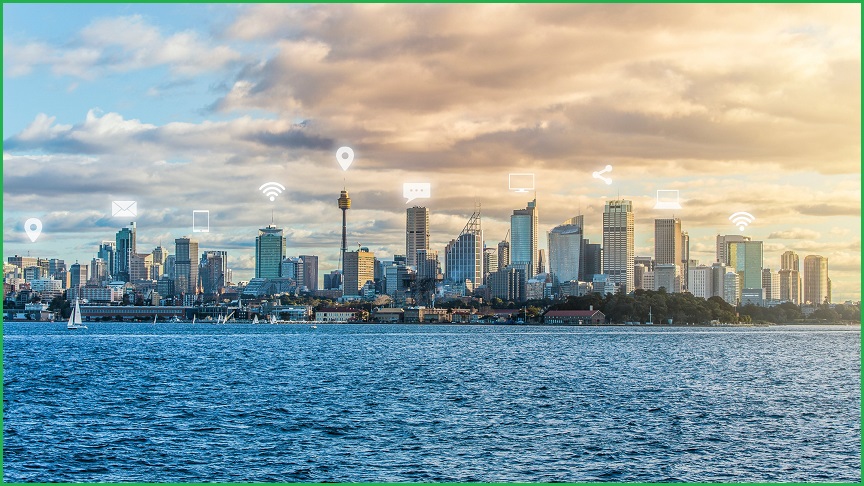New South Wales has leaped over Victoria to become the nation’s runner-up in terms of technological strength, according to a new report from Cisco.
While the ACT still leads the country on Cisco’s Australian Digital Readiness Index 2020 – thanks largely to government spending on research and development and its population’s high level of education – NSW has crept up in the rankings on the back of its strong startup and accelerator scene.
Victoria dropped a spot due to its lagging scores in technology adoption and infrastructure.
Overall, Australia is well-placed when it comes to the adoption, use and development of digital technologies.
In previous global rankings, Cisco gave Australia a high score putting it in the same category as global leaders like the US, UK, and Singapore.
Ken Boal, VP of Cisco Australia and New Zealand, said our country’s technological advancement helped us adapt when COVID-19 hit.
“While the pandemic has exacted a high economic and social toll, its consequences would have been much greater had Australia not already made significant investments in digital readiness,” Boal said.
“For example, the deployment of high-speed national network infrastructure has meant many organisations can keep their staff both safe and productive by enabling them to work from home.
“That same infrastructure provides a vital connection for thousands of students who participate in remote learning and has become the backbone for remote health consultations, keeping many of the frontline responders safe.”
Cisco measures a state and nation’s digital readiness based on how it performs in seven metrics: basic needs, business and government investment, the ease of doing business, human capital, its startup environment, technology adoption, and technology infrastructure.
Cisco's criteria for determining a state's digital readiness. Source: Supplied
Even though our overall technological strength benefits the country as a whole, the Cisco report unfortunately shows a major digital and social divide between individual states.
The Northern Territory comes in dead last by quite a margin with dismal scores in the basic needs, startup environment, and ease of doing business categories.
Where the NT has potential is in the human capital area, thanks to its young population and high participation in the labour force.
On the flip side, South Australia – the second-worst state for digital readiness – continues to struggle in terms of human capital thanks to its ageing population, low number of post-school qualifications, and low labour force participation rate.
South Australia did see some increases in business confidence and in its startup space, with large tech companies like Accenture looking to set up shop down south.
An extra $18 million for electric vehicle charging stations announced in the state’s budget on Tuesday should also provide a boost to its future technology infrastructure score.
Boal thinks the latest Cisco index highlights the need to have technological resources spread further around the country.
“While this year’s report shows states and territories have changed their rankings in specific categories, the overall story still tells of a digital divide,” he said.
“Equitable access to digital services and training represents the 21st century equivalent of the age-old Australian concept of giving everyone a ‘fair go’, and the COVID-19 crisis has highlighted the importance of continued investment to ensure those communities that are least served digitally today do not experience additional hardship from future events.”
Western Australia, Tasmania, and Queensland were all middle of the pack, ranking fourth, fifth, and sixth respectively.











